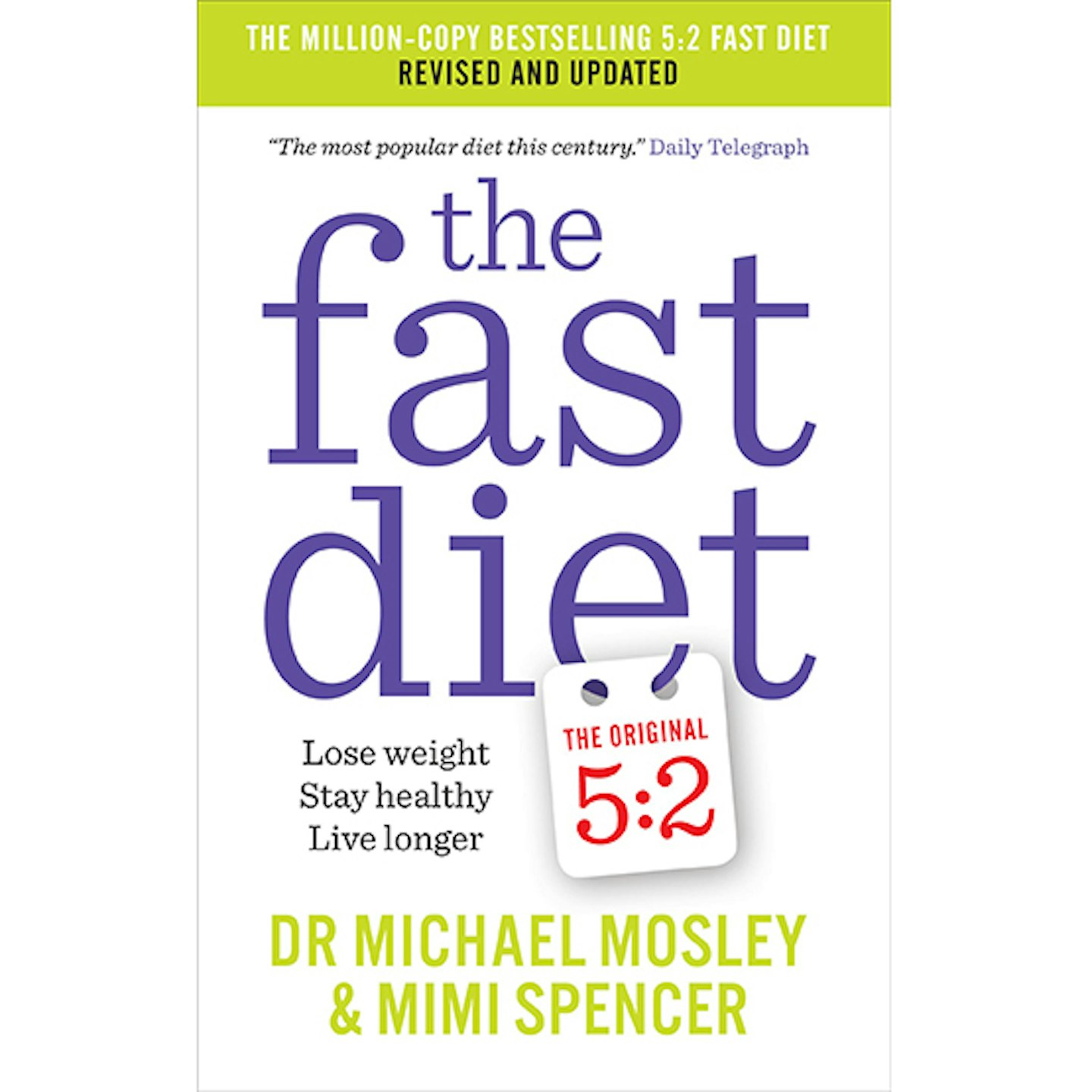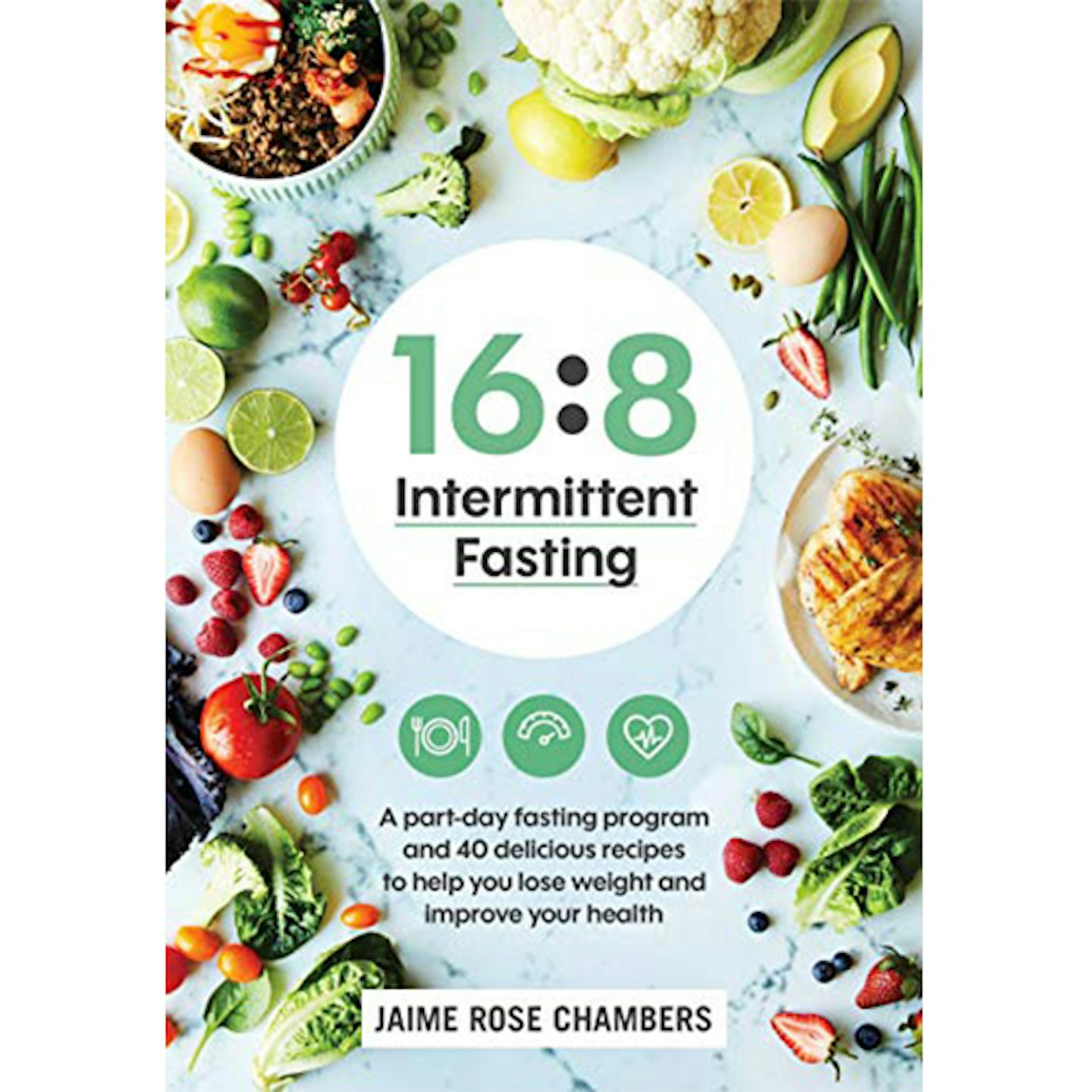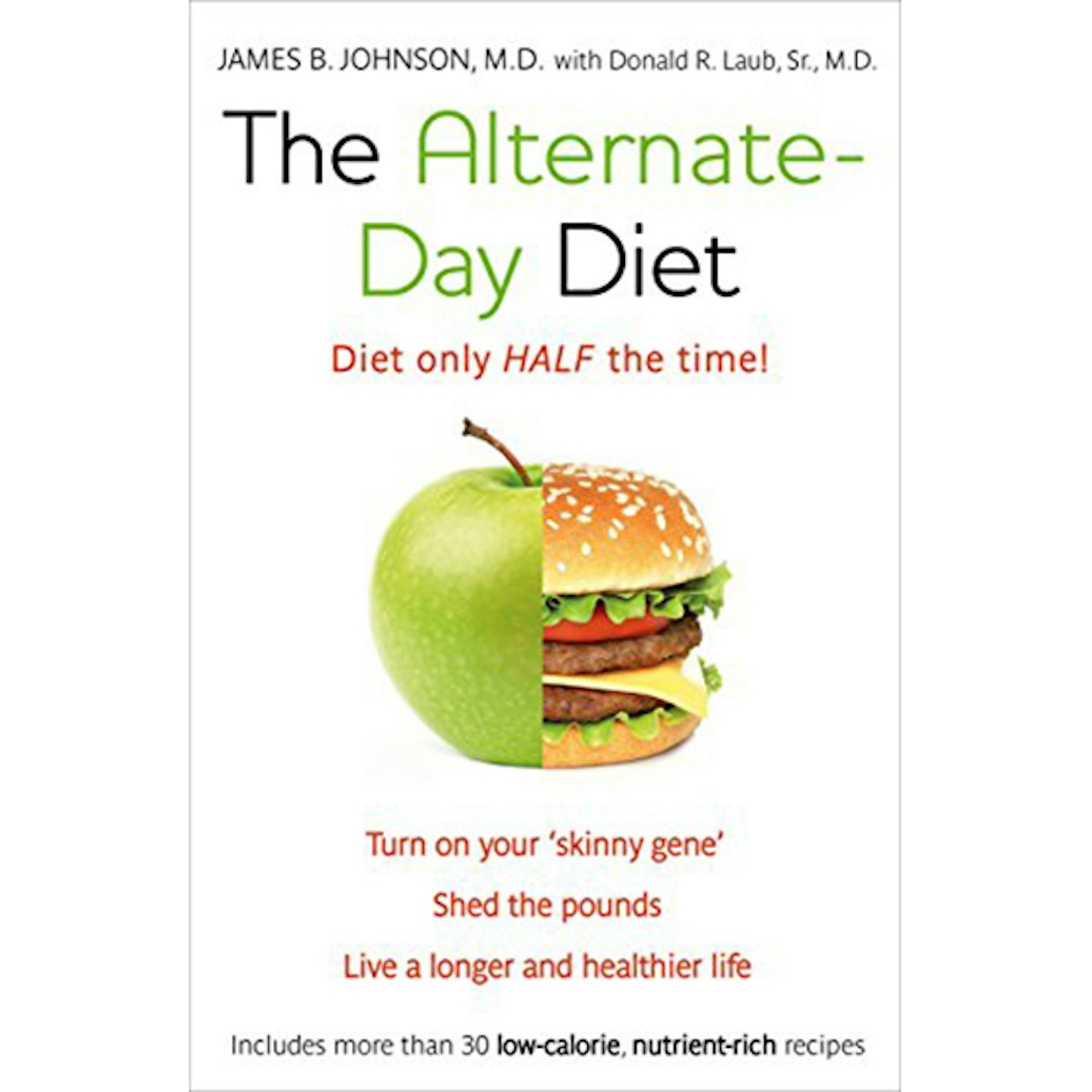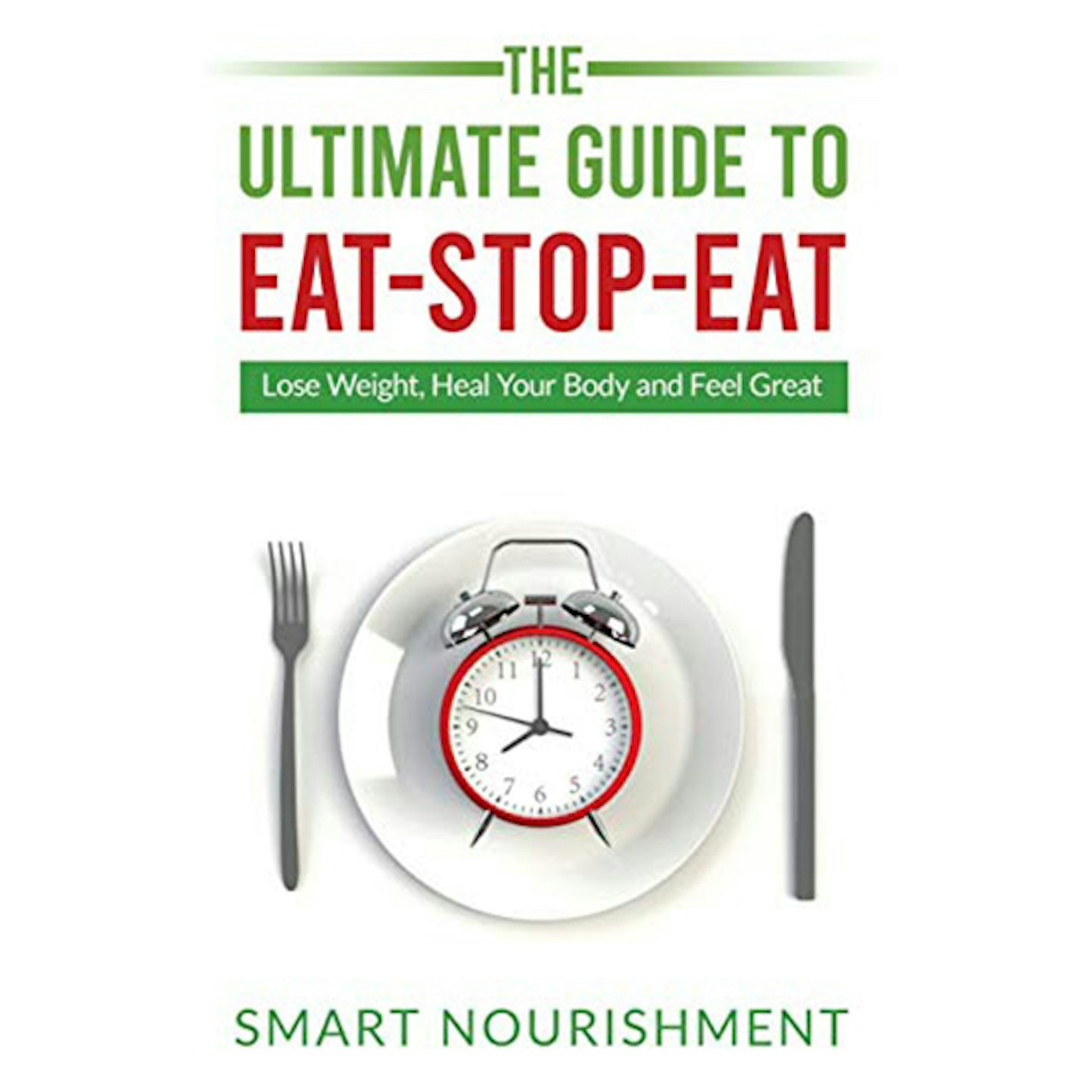With so many different ways to try intermittent fasting, it can be hard to know which one will suit you and your body best.
Each method has its own benefits when it comes to losing weight and improving your metabolism, but before embarking on any sort of diet, you should speak to your GP first to make sure it's safe for you.
What is intermittent fasting?
The term intermittent fasting refers to the cycle of eating as normal and fasting. This type of diet changes the pattern in which we eat, rather than more conventional diets which change the contents of what we eat.
Our ancestors would have likely lived on an intermittent fasting diet when meals weren't as regular as they are these days or if food wasn't readily available, so humans have grown to be able to live and function without food for extended periods of time.
We've rounded up some of the most popular and widely used intermittent fasting diets for you to consider.
Does intermittent fasting work?
Over the years, there have been a number of studiesinto how effective intermittent fasting is when it comes to weight loss, with many concluding that intermittent fasting can help you lose weight.
The first and most obvious reason for this is because you're restricting your food intake to a certain window in the day, meaning you are lowering your calorie intake.
Intermittent fasting may also boost your metabolism to increase how much fat you burn throughout the day. Not only this, but some fasting diets have been found to help your body retain muscle while lowering the levels of insulin in the body to help you burn more fat.
Many of these studies however have been conducted over a short period of time, and many experts aren't sure how sustainable this kind of diet would be over longer periods.
We caught up with fitness, wellness guru and nutrition expert Penny Weston to find out more about intermittent fasting and whether or not it really works.
'Intermittent fasting is an eating pattern that involves a cycle of fasting and eating, or in other words of deliberately reducing food intake to a certain amount of calories for a day. This has become quite popular in recent years because of various studies that show the health benefits that include helping to control blood sugar, improving heart health, and reducing blood pressure.'
'It’s also thought it can help the immune system and be beneficial on the gut too because of the fact it gives it a chance to recover after digestion. There are also the obvious weight loss benefits which do, for many people, work. It’s not however advisable for people who are pregnant, breastfeeding or who have had eating disorders in the past and you should always consult your GP first if you have any concerns.'
Pros and cons of intermittent fasting
Pros
Aids weight loss - as previously mentioned, studies have shown that intermittent fasting can help you lose weight in a short space of time. Losing weight requires you to be in a calorie deficit, which you’ll end up being in if you’re fasting.
Some find it easier mentally than dieting - this is usually because people find it easier to fit into their busy schedules and remembering to eat between certain hours is a lot more straightforward than calorie restriction diets.
Stabilises blood sugar levels - a study from the University of Illinois at Chicago found that consuming food on a time restricted regime lead to lower blood sugar levels and insulin resistance. Both of which are central in controlling how your body breaks down food into energy and either uses it for activity or stores it as fat.
Cons
It’s hard to maintain - while you can lose weight through intermittent fasting, the trickier part is whether or not you can maintain it and when you do choose to stop, how do you do it in a way that you don’t regain the weight you lost.
Cravings and concern over food quality - naturally, fasting for long periods of time can lead to food cravings and not always for the healthiest of choices either. In some intermittent fasting diets you can eat whatever you like (such as the 16:8) which doesn’t always mean you’re going to reach for the most wholesome foods, so your body may end up not getting an all-round balanced diet and the nutrients it needs.
Lack of research - to further back up the first point, there still hasn’t been enough long term studies into intermittent fasting to discover whether or not it’s a sustainable method to losing weight.
Popular intermittent fasting diets
5:2
You'll have no doubt heard of the 5:2 method of intermittent fasting which involves eating as you normally would for five days of the week and then limiting yourself to 500 calories for women and 600 calories for men for the other two days of the week.
This diet is also sometimes called the Fast Diet and was made popular by journalist Dr Michael Mosley.
It's totally up to you which days you choose to fast on, but many people choose to spread each day apart, fasting on a Monday and Thursday for example.

16/8
This is a method of daily fasting, whereby you restrict your daily eating window to 8 hours per day, and fast for the other 16 hours.
During the 8 hour period, you should be able to fit in your usual three meals if that's what you normally have. Just be sure your meals are balanced and healthy.
Many people who do this diet often find the easiest way is to finish dinner at around 8pm, skip breakfast the next day and then not eat until noon.
During the fasting period, you can drink any zero-calorie drinks such as water and black coffee which might help you function, especially in the morning.

Alternate day fasting
The clue is in the name with this one, and it involves fasting every other day.
A full fast every other day is not recommended, especially for beginner fasters, so if you want to give this one a go, it's probably best to limit yourself to 500 calories every other day on your fasting days.
Obviously, this fasting diet is quite an extreme one and isn't very sustainable in the long term.

Eat-stop-eat
This method is basically 24 hours of fasting at a time twice a week. Depending on your preference you can fast from dinner to dinner, lunch to lunch or breakfast to breakfast, as long as you leave 24 hours between finishing one meal and starting the next.
Of course, you're allowed any zero-calorie drinks on your fasting days, but no solid food for this one.
Most people will find a 24 hour fast very difficult, but if you think this is one for you, it might be easier to start with a 16/8 fast and work yourself up from there.

Spontaneous meal skipping
You don't always have to stick to a strict pattern or plan when it comes to intermittent fasting, you can always just skip the odd meal.
This is ideal on those days when you're not really hungry and you fancy skipping breakfast or lunch, and it's also great for those days when you don't have much time to eat or you don't know what you fancy.
This one is good for those who want ease their way into fasting.
How does it affect your body?

According to a number of studies, there are a number of things happen in your body when you fast.
With all the different changes going on in our bodies because of the intermittent fasting, many experts and studies have suggestedfasting can help us lose weight, improve our metabolism and help our overall health.
‘Intermittent fasting makes your body go for hours without food. By doing this your body uses up its sugar stores for energy and then starts burning fat instead. It works by prolonging the period when your body had burned the calories consumed during your last meal and begins burning fat.
'The thinking is that if you’re eating three meals a day and snacks and not exercising that the body is running on the calories you eat and not burning any of the fat that’s stored, whereas intermittent fasting does.' Says Penny.
Safety and side effects
Like with any new diet, it's important to be aware of the side effects, especially if your body is used to regular meals.
Firstly, if you're underweight, diabetic, have low blood pressure, are on medication, pregnant, breastfeeding or have a history of any eating disorders, intermittent fasting is not suitable and you should check with your GP before changing your diet.
The main side effects you might experience from intermittent fasting are hunger, low energy levels and weakness, but overall, if you're a health, well nourished individual, it's fairly safe to do intermittent fasting.
According to Penny, ‘Restrictive diets can be dangerous for a number of reasons, such as the fact that they can lead to a loss of muscle. They can also lead to feelings of extreme hunger and cause fatigue and lethargy, as well as deficiencies in essential vitamins and minerals. Over a long period of time they can result in women’s period’s stopping and can affect fertility.
'There’s also the tendency for people to get sucked into a starve/binge cycle and it can actually become harder to lose weight because of the fact that the metabolism is slowed down.
'The important thing is to remember that all of our bodies are different and that being healthy and happy are the most important things.' Says Penny.
